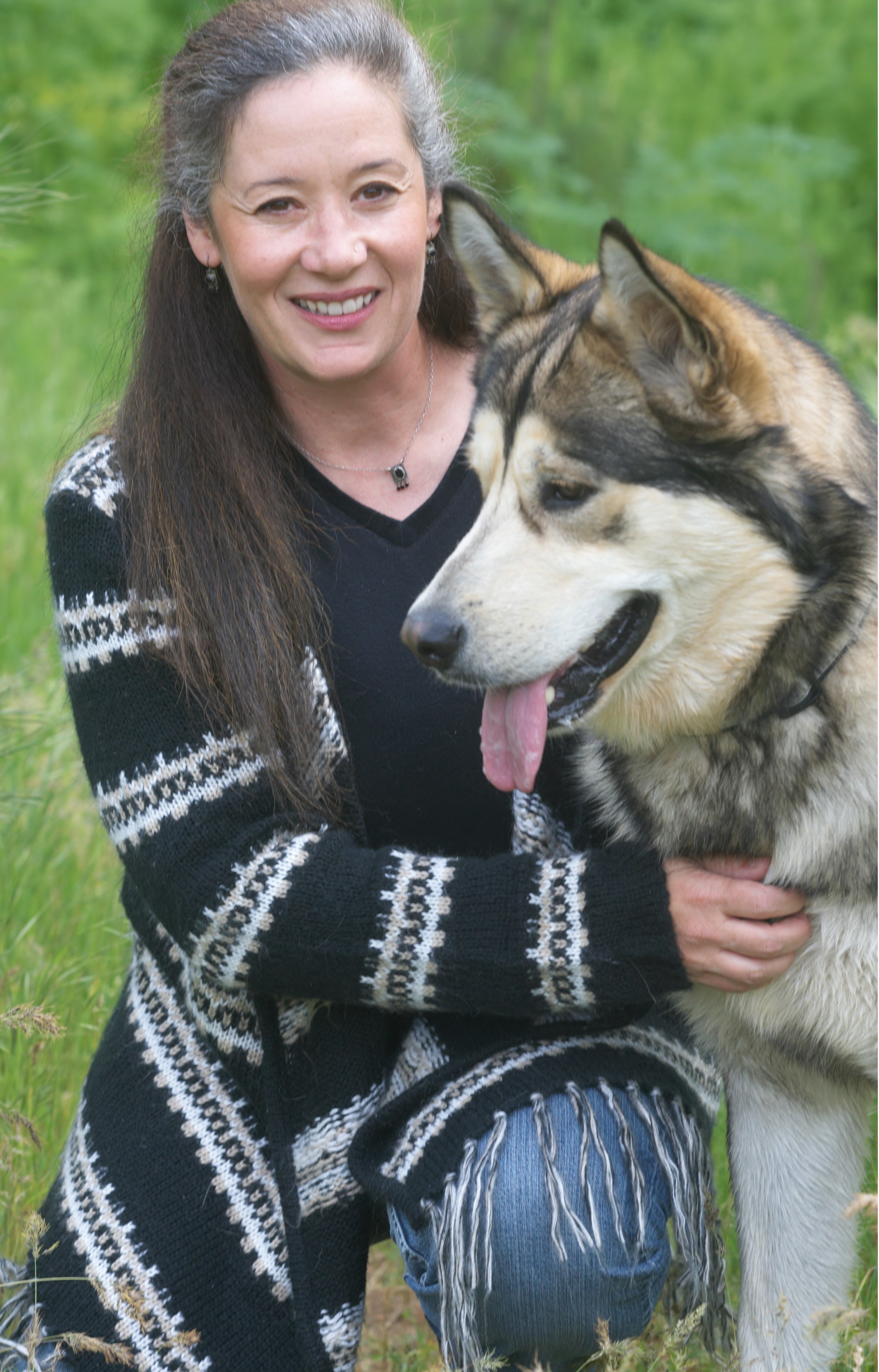Answers Pet Food: The Raw Standard
Glenn Polyn //January 5, 2018//
Pet Age recently chatted with Roxanne Stone, VP of research and development at Answers Pet Food, to learn more about the company’s place in the raw food market.
Q What has been the biggest obstacle for you since starting Answers in 2009?
A Our biggest obstacle was the challenge of being the very first pet food manufacturer to offer nationwide distribution of a raw fermented goat milk formula. From the inception of the company our main goal was to bring one of Mother Nature’s most perfect foods to the pet food market because we knew it could benefit so many of the pets struggling with chronic health issues. We were not only faced with some of the regulatory obstacles of bringing a controversial raw food to the market like raw milk, but we were challenged with the task of educating the industry as well as the end user as to why this raw, whole food would be beneficial to their pets’ health and why this type of milk was very different from the heavily processed, pasteurized, and allergenic milk that is sold at your average grocery store.
Q What does “raw” mean to you, and why do you think raw food is growing in popularity?
A In my opinion, raw foods are minimally processed, whole food ingredients that are never subjected to heat, pressure, dehydration or freeze drying. Any food that is shelf stable for months or years is not in a raw food state. Unfortunately, many of the raw pet food manufacturers are utilizing high pressure pasteurization as a means for controlling pathogens. But I must disagree that it is still in a raw food state after it is subjected to HPP because enzymes and proteins are denatured in a similar manner to cooking. Raw pet foods are growing in popularity and will continue to grow because of the positive health results pet parents and veterinarians see in the pets who are transitioned from low quality processed foods to fresh, species appropriate whole foods. Simply put: they produce results. And fortunately, there is now more data and credible published scientific research to substantiate what was previously dismissed as only anecdotal evidence.
Q How would you describe the importance of fermentation and bacteria to gut health?
A Obviously, I cannot emphasize enough the importance of including fermented foods in every animals’ daily diet. In my opinion, bacteria, in general, is the number one most important missing ingredient in our modern day processed pet foods. The importance of a healthy gut as part of a properly functioning immune system is paramount. And in order to have a healthy gut, you need to feed raw, live foods that are teeming with bacteria. Fermented foods are our best sources. Pet owners need to remember that their companions [are] carnivorous [and have] short digestive tracts with limited transit time, therefore, feeding fermented food is vital for proper nutrient assimilation.
Q How do you evaluate your suppliers to ensure they meet your requirements?
A Our raw material suppliers are obviously a huge part of supplying the benefits of our products. If we couldn’t partner with farmers that can meet the high-quality standards we demand for our ingredients, our food would not perform as intended. We develop partnerships with many of our livestock farmers because everything begins in the soil. It is essential that the livestock we use are fed a species appropriate diet and they are handled humanely and ethically. We choose to use small-family farmers that manage small herds and practice pasture centered raising of their livestock and general organic practices of their land. And to ensure our farmers/suppliers are meeting our requirements, we visit and/or audit the farms ourselves or we require documentation from a third party auditor that the requirements are met.
Q What big plans does Answers have for the future?
A Our big plan for the future is to become 100 percent integrated with our entire process, meaning that we will own and operate 100 percent of our livestock, egg and produce farms. These farms will be completely organic and biodynamic. They will generate their own energy and create zero waste. There are many farms like this already in operation and have proved that they can operate on a larger scale, too. Each farm will have its own small abattoir, so the animals can be born, raised and harvested all on the same farm. They won’t have to be stressed by being loaded on trucks and dragged across the country to large slaughter facilities. This is a win-win for everyone and the future we strive to have for our company.



















